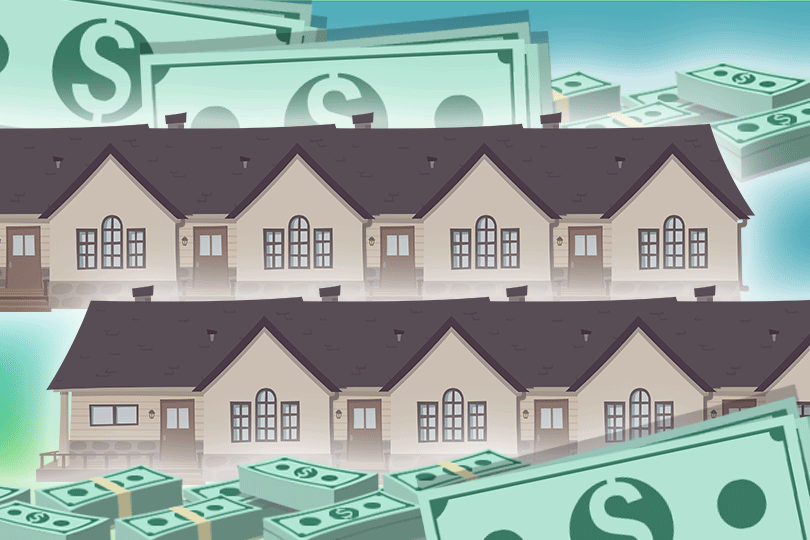FHA Refinance Versus Conventional Loan Refinance
November 20, 2024
While both provide avenues for refinancing, each loan type may be best for specific needs and financial circumstances. What are the differences between FHA and conventional refinance options?
FHA Refinancing: According to the Consumer Financial Protection Bureau, FHA loans are more accommodating regarding credit history. Although the minimum credit score requirement may vary among lenders, FHA loans may have lower FICO score numbers than certain competing conventional loans.
Conventional Refinancing: Conventional loans typically require credit scores in the mid-600s. Conventional refinancing might offer more for your needs if you possess a strong credit history and a stable financial profile.
Mortgage Insurance
FHA Refinancing: FHA loans typically require mortgage insurance regardless of the down payment amount. This includes an upfront MIP paid at closing and an annual MIP that may be incorporated into your monthly mortgage payment.
Conventional Refinancing: With conventional loans, mortgage insurance is usually required if you made a down payment of less than 20% when purchasing. If you refinance a traditional loan, you may not be required to pay for private mortgage insurance. Be sure to ask your lender about this option.
Appraisal Requirements
FHA Refinancing: FHA loans have specific appraisal requirements prioritizing the property's safety, security, and soundness. The appraiser must be FHA-approved and will conduct a comprehensive inspection to ensure the property meets HUD's minimum property standards.
Conventional Refinancing: While conventional loans also require an appraisal, the requirements are thought to be less demanding than those for FHA loans.
Streamline Refinancing
FHA Streamline Refinance: The FHA offers a streamlined option for existing FHA borrowers. This program often involves less documentation and faster processing times, making it worth considering for those seeking to lower their interest rate or adjust their loan term quickly.
Conventional Refinancing: Although conventional loans do not have a specific "streamline" program, lenders may offer expedited refinancing options for qualified borrowers.
Refinancing is a significant financial decision. Take the time to research your options thoroughly, compare offers, and seek professional advice if needed.

FHA Loan Articles
February 27, 2025 Buying your first home can feel overwhelming, especially when you start hearing terms like "subprime mortgages" and "FHA loans." Understanding these options is crucial for making the right decision. Subprime mortgages are designed for borrowers with less-than-perfect credit histories. This might include past issues like late payments, loan defaults, or even bankruptcy...
February 26, 2025Buying your first home can be exciting, but the mortgage process often throws a curveball of unfamiliar terms. Here are answers to common questions first-time homebuyers have about mortgage jargon and terms.
February 18, 2025Mortgages typically require mortgage insurance and homeowners insurance. They are both key parts of your home loan but they serve very different functions. Do you know the differences between the two? Find out how ready you are to begin the process of buying your new house.
February 17, 2025The federal government backs FHA home loans, which allows participating FHA lenders to offer lower down payment options and more lenient credit requirements. How much do you really know about your FHA home loan options and how they compare to other mortgage choices?
February 13, 2025For many college graduates, student loan debt is a concern. A common question is how this debt impacts the ability to buy a home. This Q&A explores the relationship between student loans and FHA loan approvals. How much do you know about how your student loan debt affects your ability to be approved for a mortgage?







